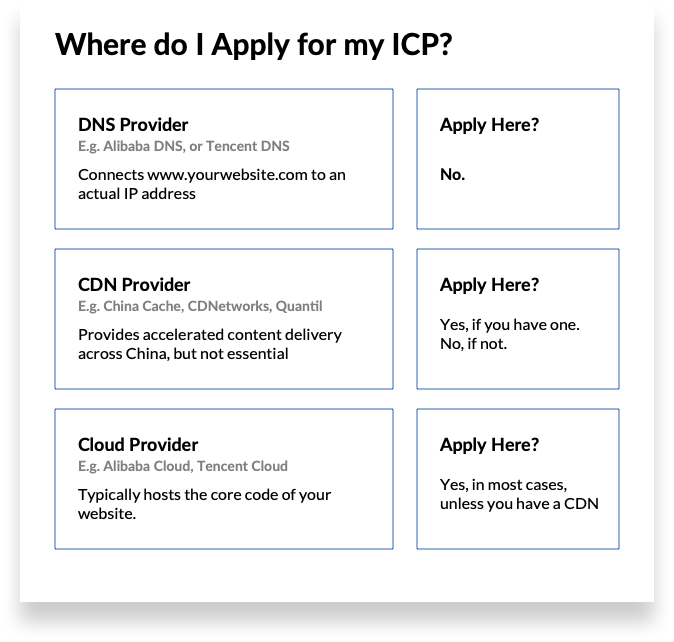

- #Different types of licenses for my code software license#
- #Different types of licenses for my code software#
- #Different types of licenses for my code code#
- #Different types of licenses for my code plus#
- #Different types of licenses for my code free#
Software with a public domain license is open for use, modification and redistribution without restrictions.
#Different types of licenses for my code code#
Users can modify code and distribute derivative work under the same software license.Ĭannot be copied, modified or distributed. Has a few requirements about how the software can be used, modified and redistributed.
#Different types of licenses for my code free#
Public domain license (least restrictive)Īnyone is free to use, modify and redistribute the software.Īllows developers to link to open-source libraries within the code of their own software. Related: What Is Open-Source Software? (Definition and Examples) 5 types of software licensesįive main types of software licenses are available to developers and companies when releasing software for purchase and use, ranging from the least restrictive free software (public domain) to the more restrictive paid commercial software (proprietary). With cloud-based applications, EULAs now often include various other stipulations related to purchasing and use.įor example, cloud-based applications that offer software as a service (SaaS) often include license conditions concerning the duration of an agreement, terms of cancellation, monthly or annual charges for use and recovery of charges if a user cancels an agreement during its duration.

Prior to the existence of cloud-based software, most users bought physical copies of software with a license to use it accompanied by a straightforward EULA. However, all EULAs contain a clause that specifies when its conditions go into effect as an end user's actions-such as opening a package, clicking a button or simply using the software-often catalyze these conditions. When new users launch software for the first time, they normally have to enter an end-user license agreement (EULA) that defines the legal relationship between a software provider, or licensor, and the software user, or licensee.ĮULAs often differ in the exact terms and conditions they define depending upon the software type, the publisher's preferences and their intended use of the software. Related: What Is Software Development? How do software licenses work? Private unlicensed software, such as business applications that developers haven't donated to the public domain but still have limitations as defined by copyright law. Public domain software, which isn't copyright protected and is freely available for use by the public. When software isn’t covered by a license, it’s usually categorized as either: Nearly all software has a license, but developers can also choose to donate the rights of their software to the public domain. It's important to note that there is a significant difference between licensing and ownership, as both proprietary and open-source licenses entitle users but don't transfer ownership to them. FOSS licenses give users a high level of authority in terms of appropriate use. A large portion of software licensing falls into the category of proprietary licensing, as most commercial software licenses serve the purpose of limiting a user's access and outlining the terms of appropriate use.įree and open-source software (FOSS) licenses: FOSS licenses are highly permissive agreements that allow users to modify, use, share and reuse the source code of a software product without restrictions. Proprietary licenses: These licenses, often referred to as closed-source software licenses, restrict the ability of users to modify, reuse or share software code. Two primary categories of licenses encompass most software and their agreements:

In addition, software licenses may include limitations on various end-user rights, placing restrictions on installation, warranties and liabilities. Software licenses typically take the form of a text document and contractually limit the claims a user may make against a developer. Software licenses are legal agreements that define the extent of a software's copyright, whether users can distribute the software and how they may use it.
#Different types of licenses for my code software license#
What is a software license?Ī software license is a type of user agreement that protects the intellectual property of a software developer who created an application, its source code and its object code.
#Different types of licenses for my code plus#
In this article, we outline what a software license is and how software licenses work, plus list the five most common types of software licenses. These agreements also protect a developer's intellectual property-the application and source code of software-from activities like redistribution, reuse and modification.

Developers and companies use software licensing to explicitly define an end user's rights.


 0 kommentar(er)
0 kommentar(er)
